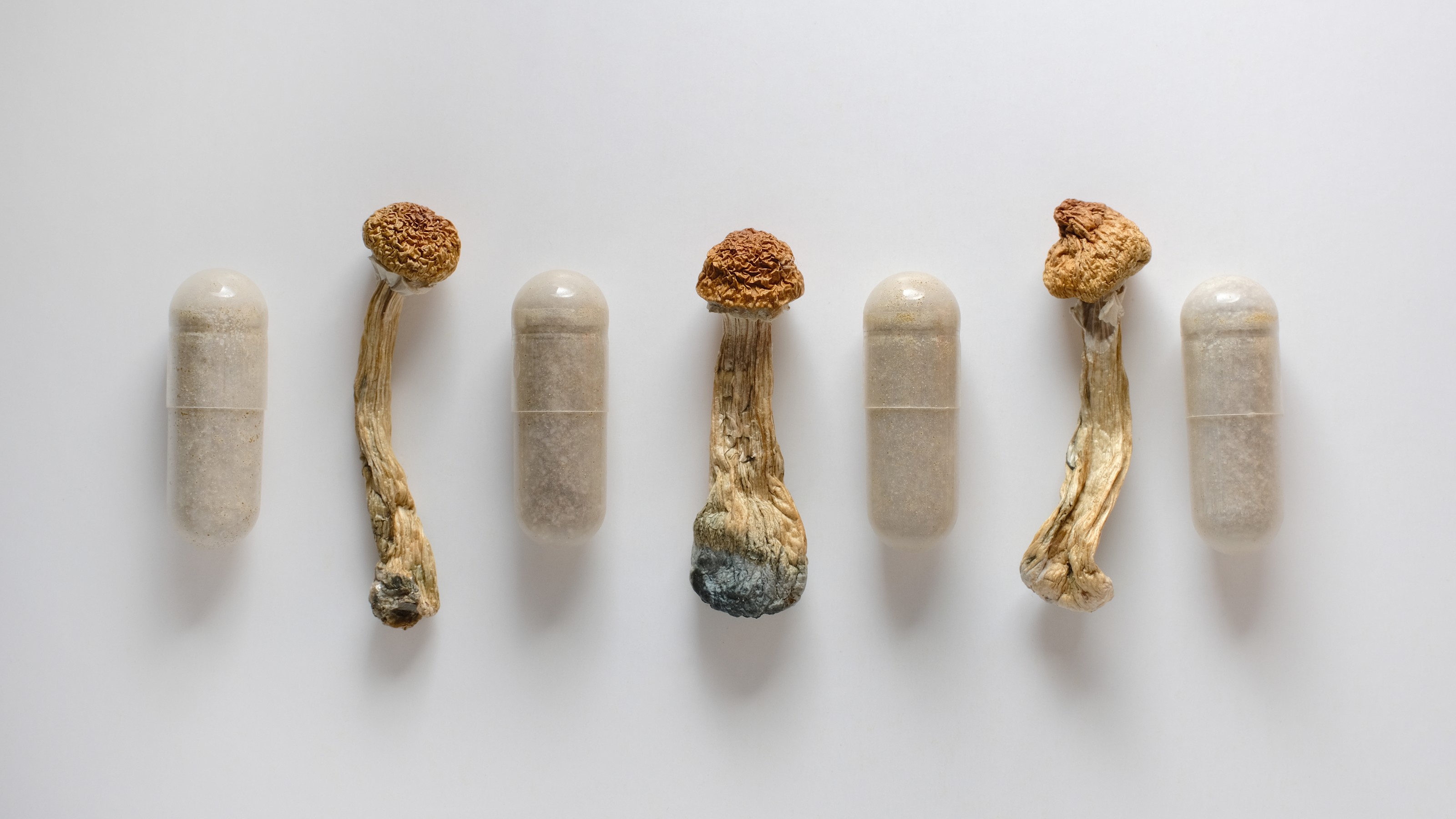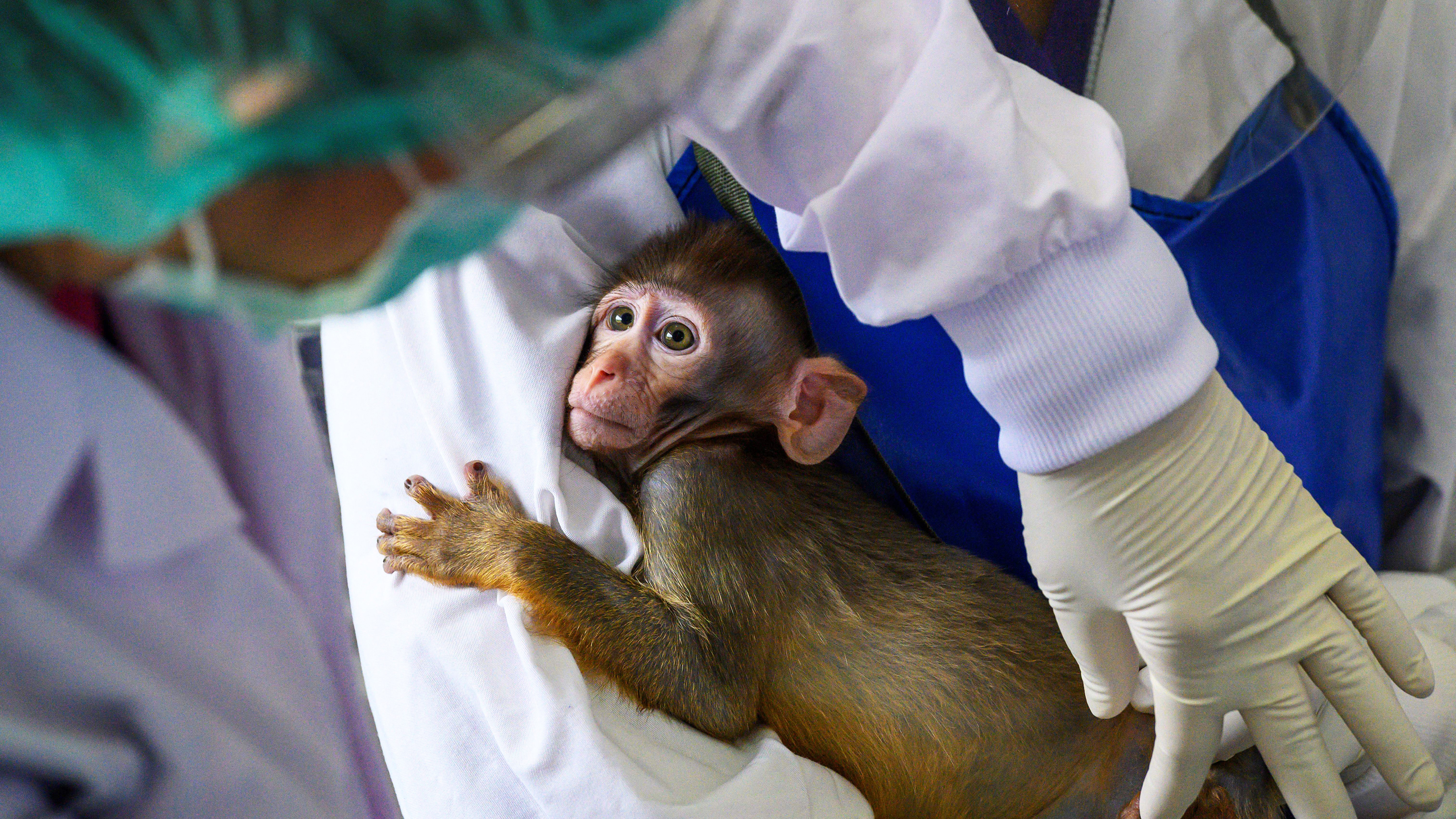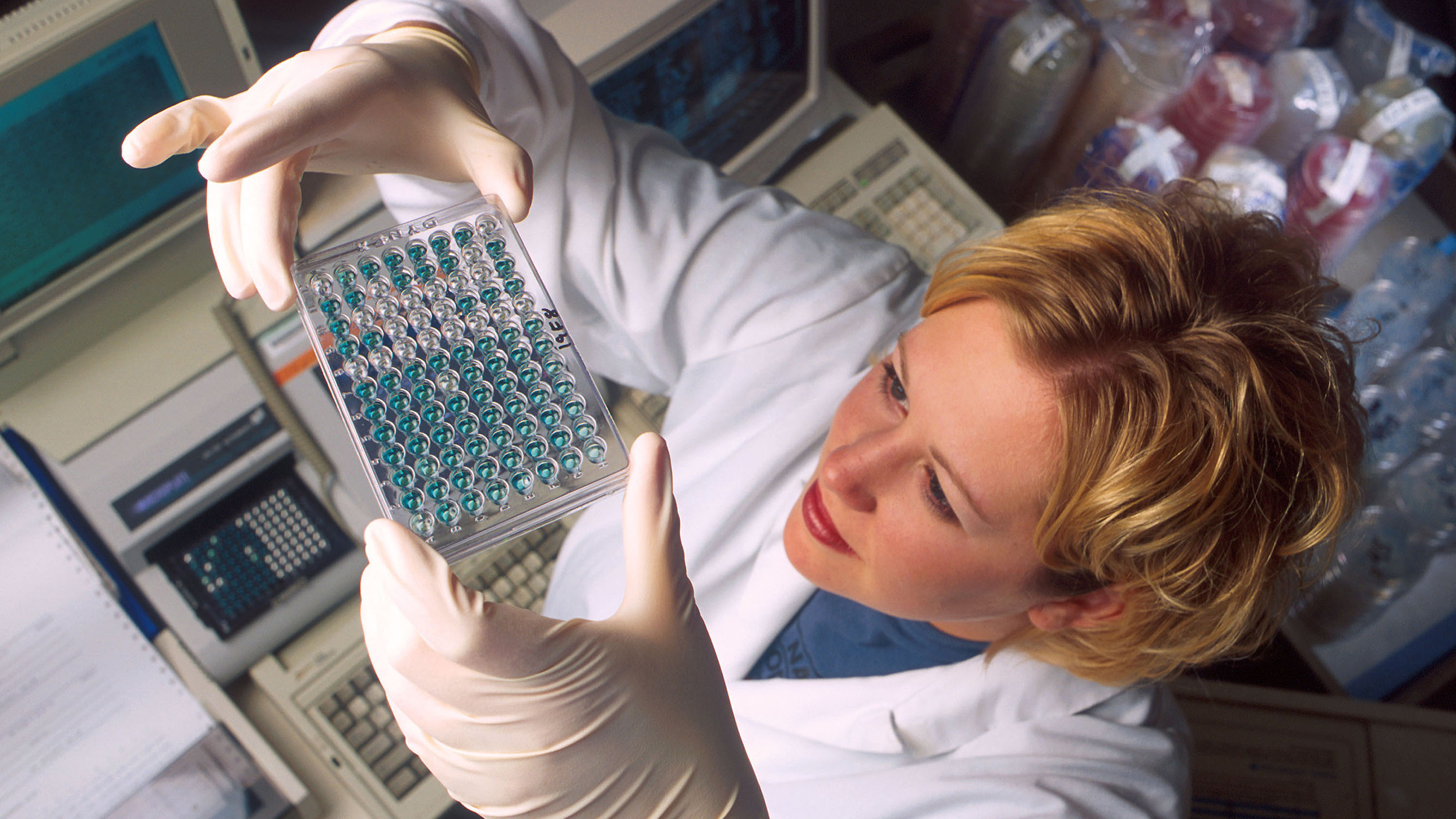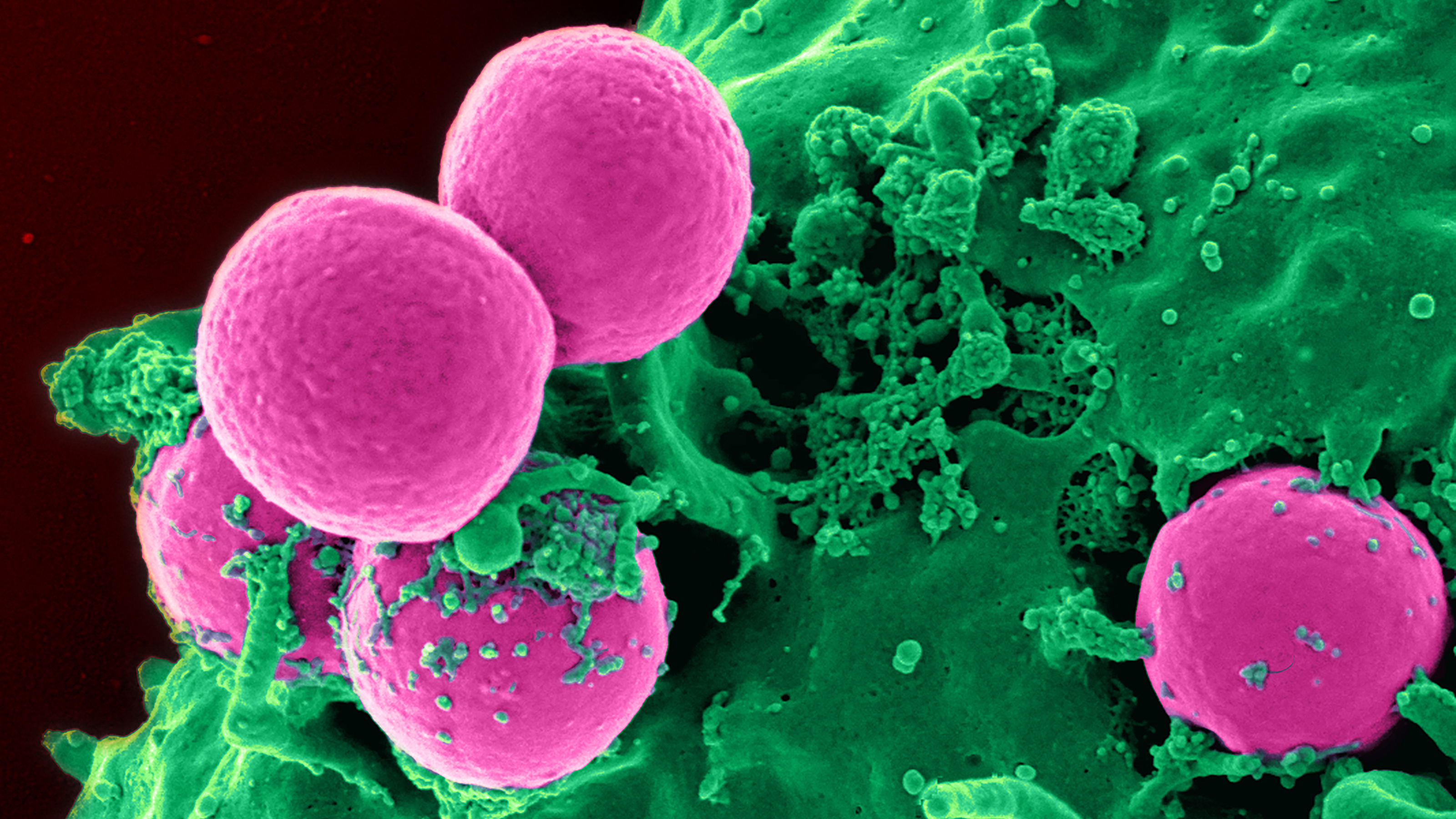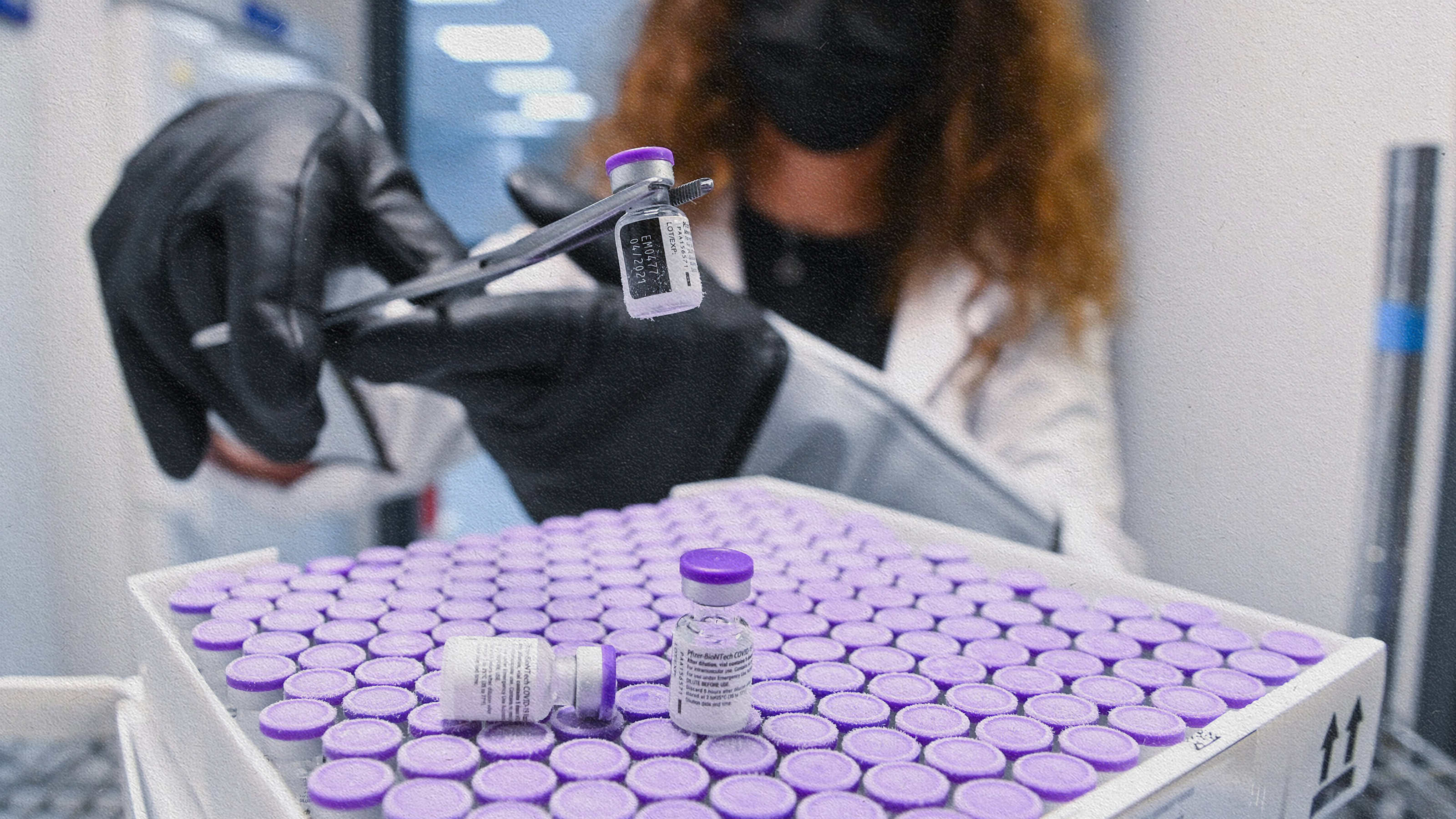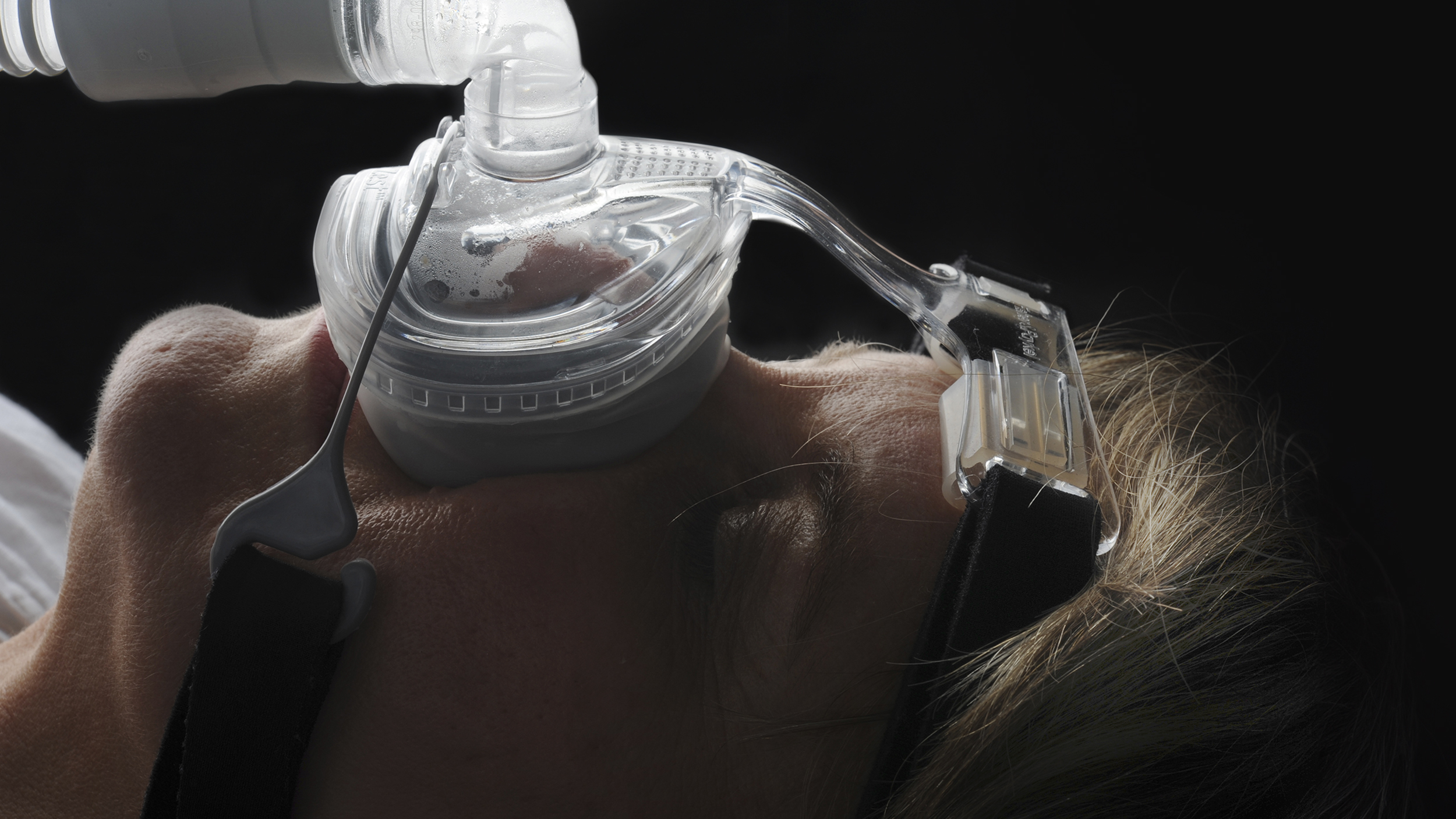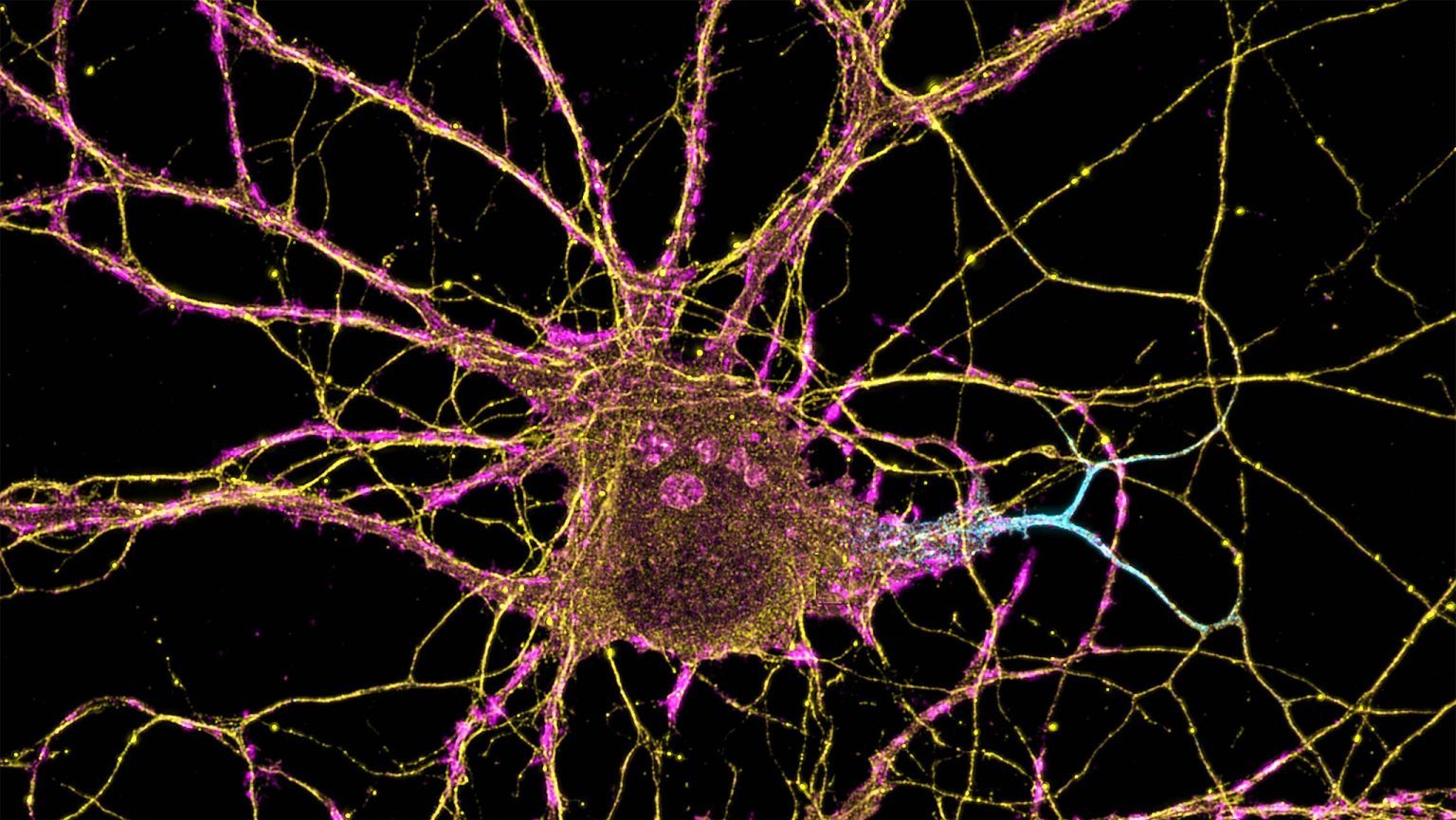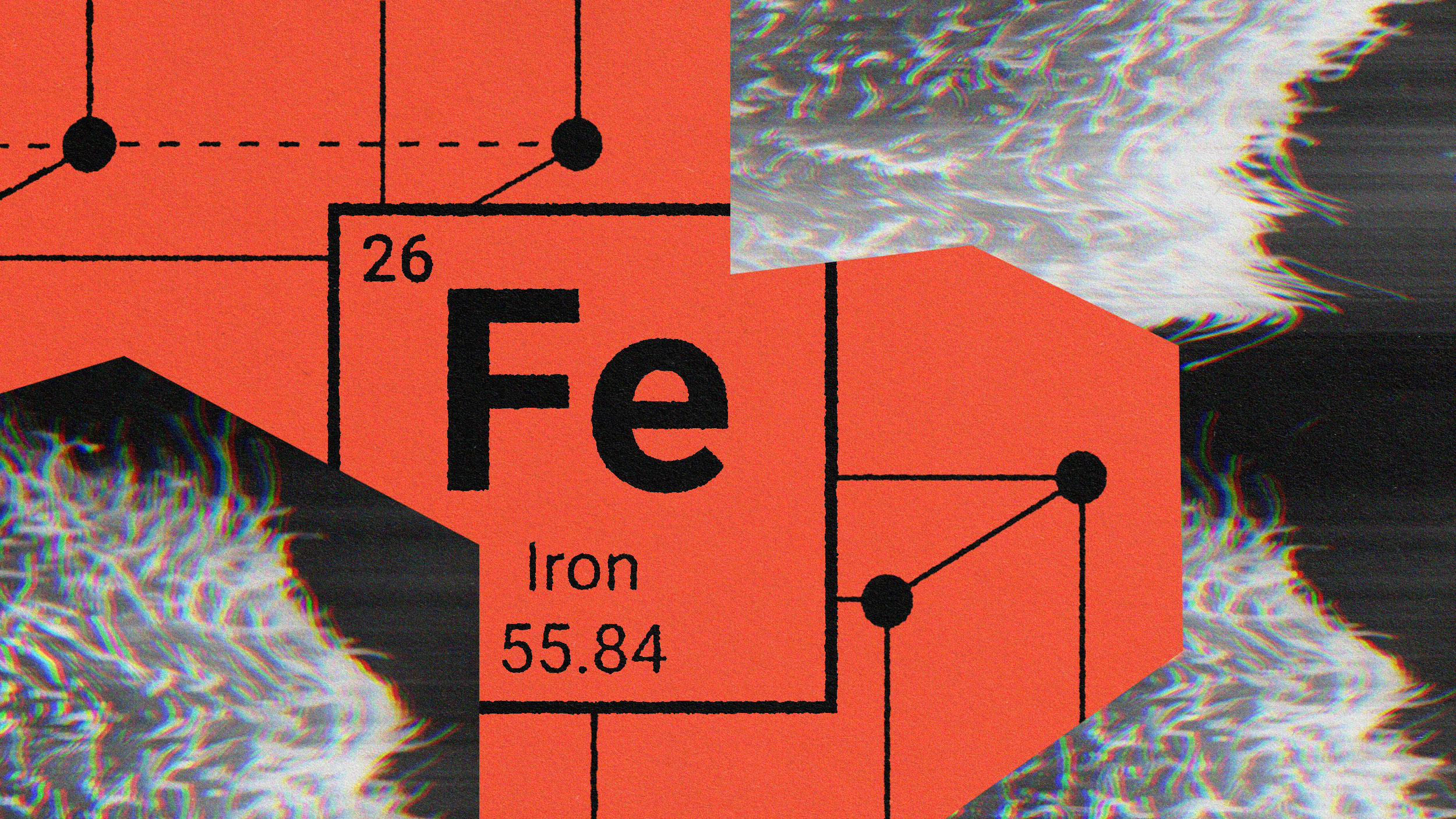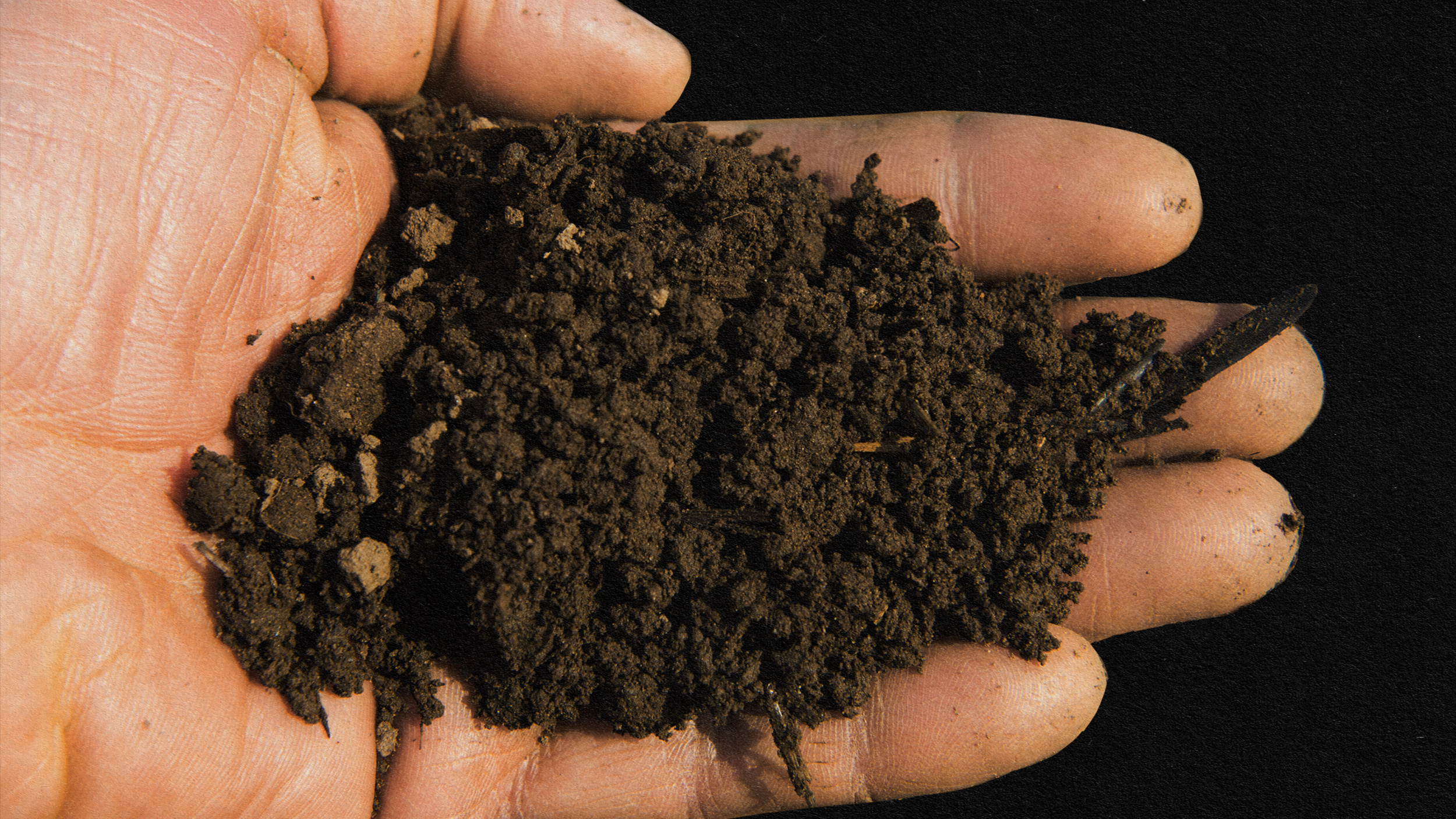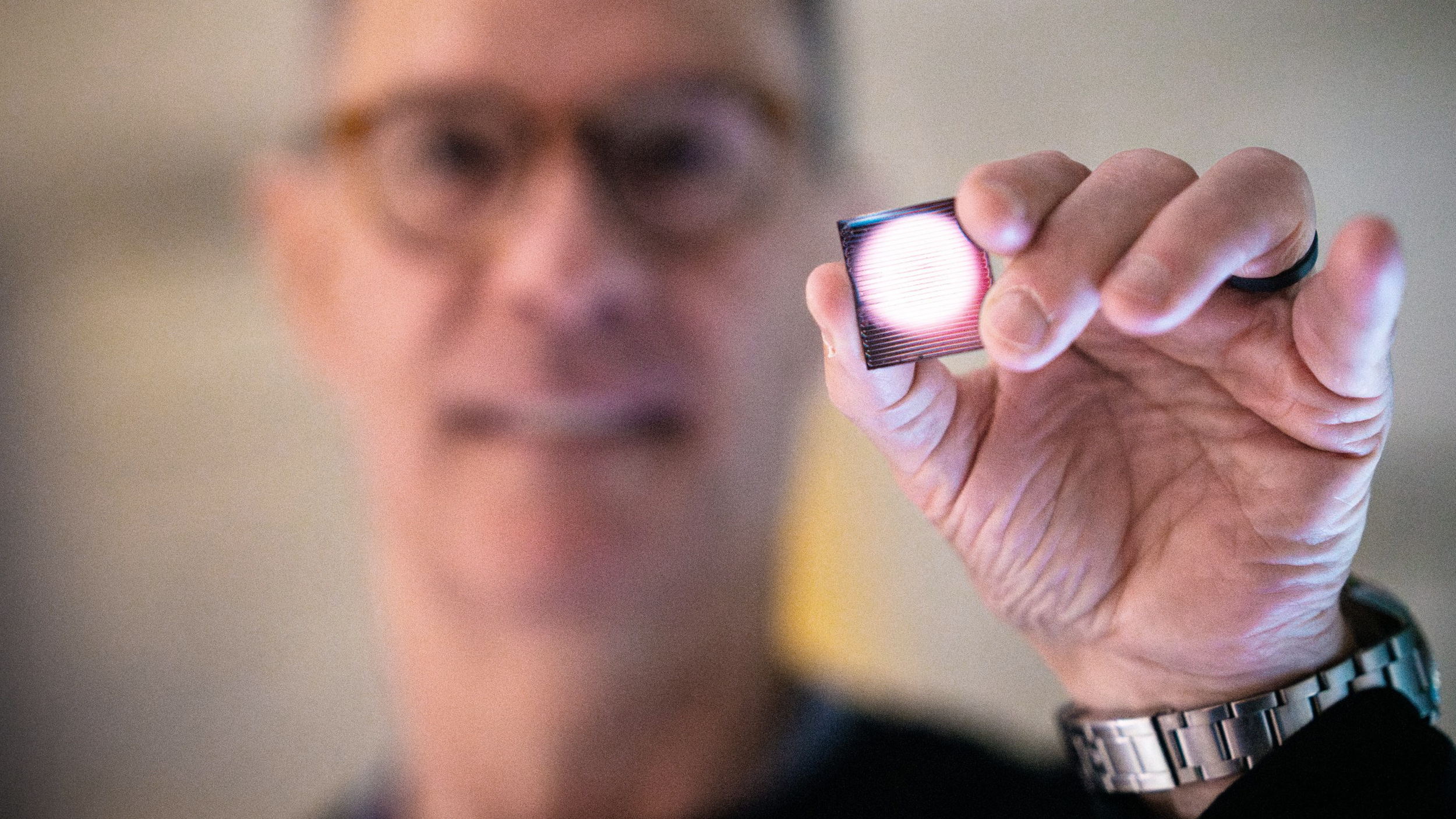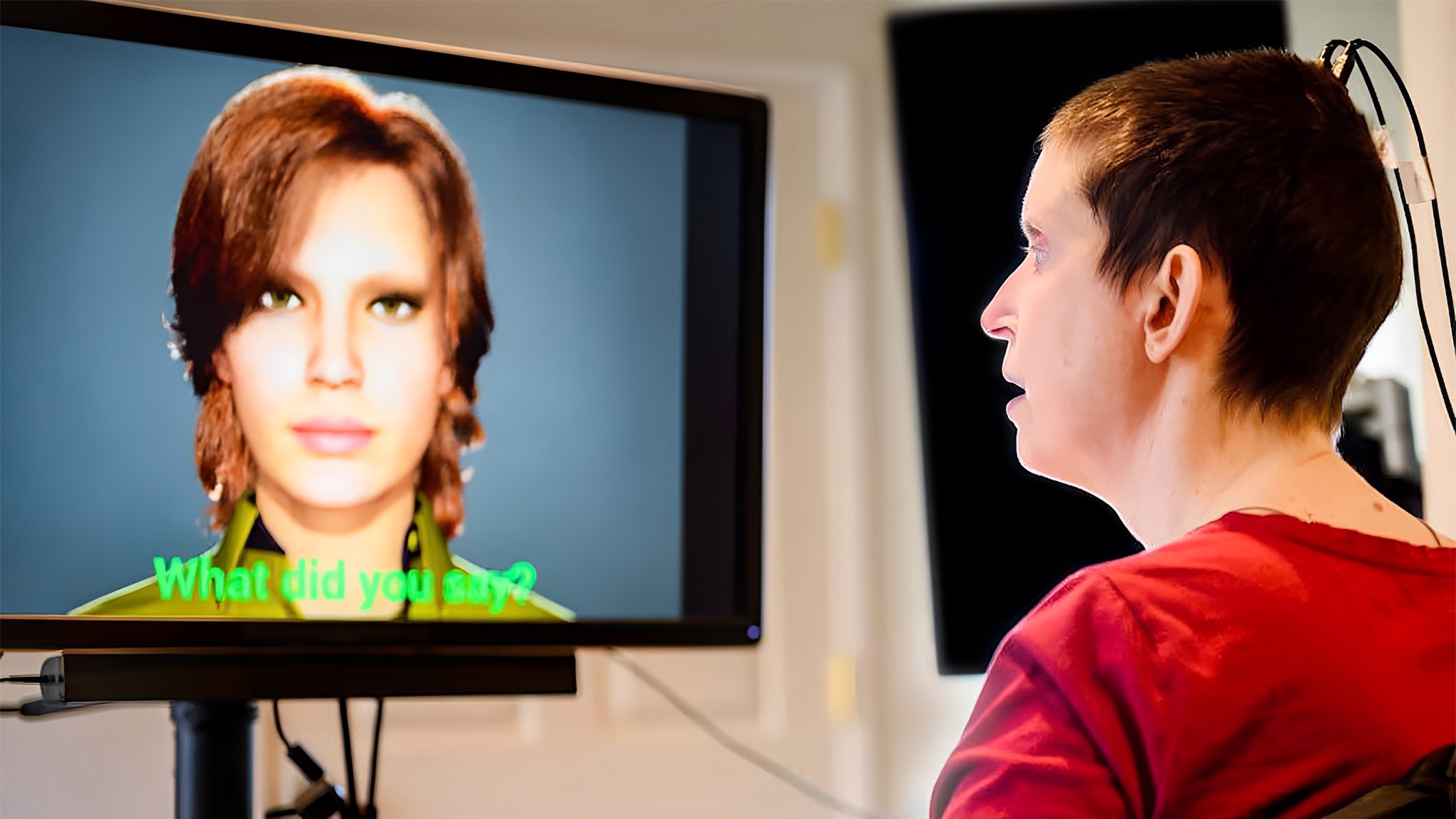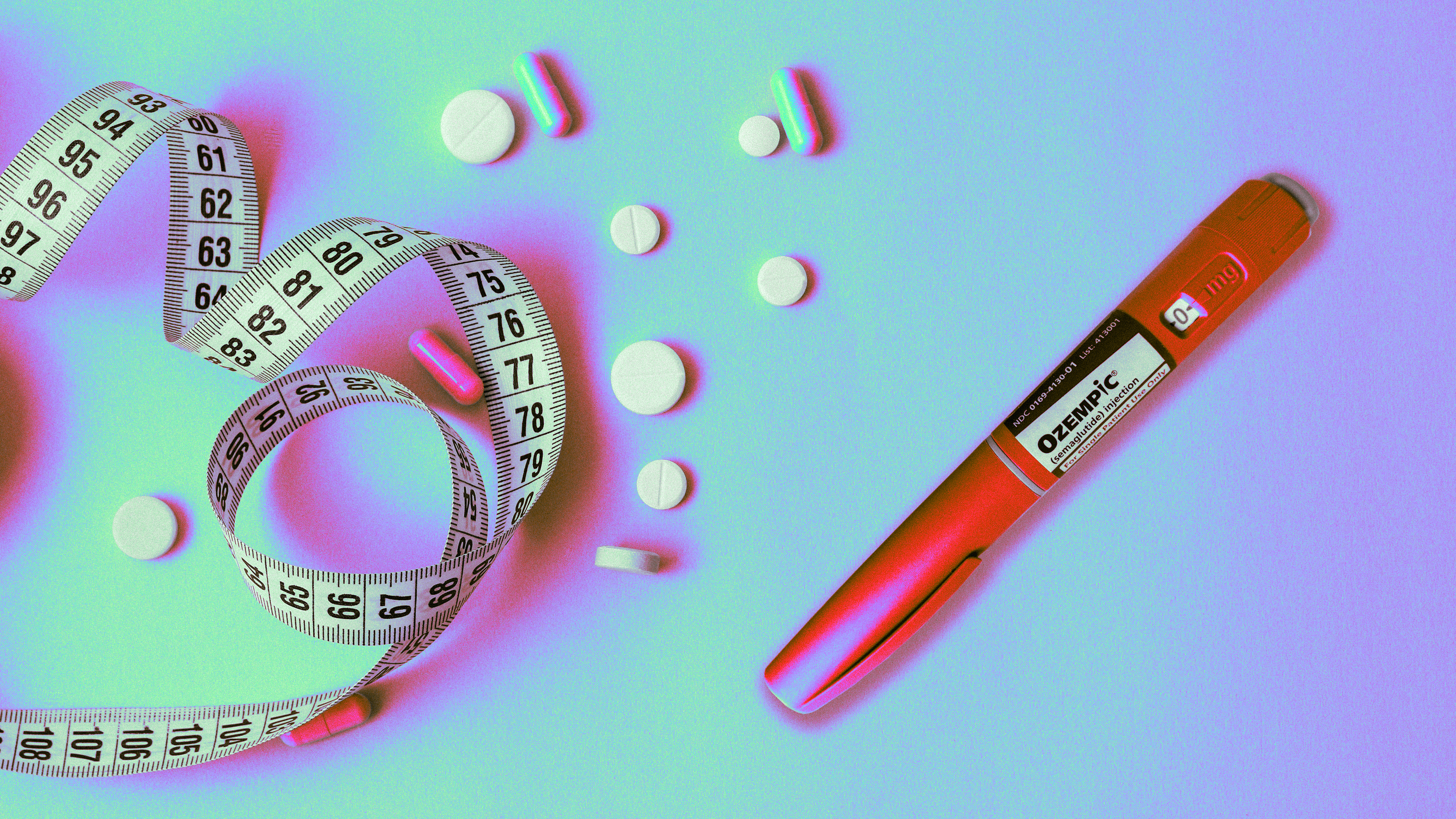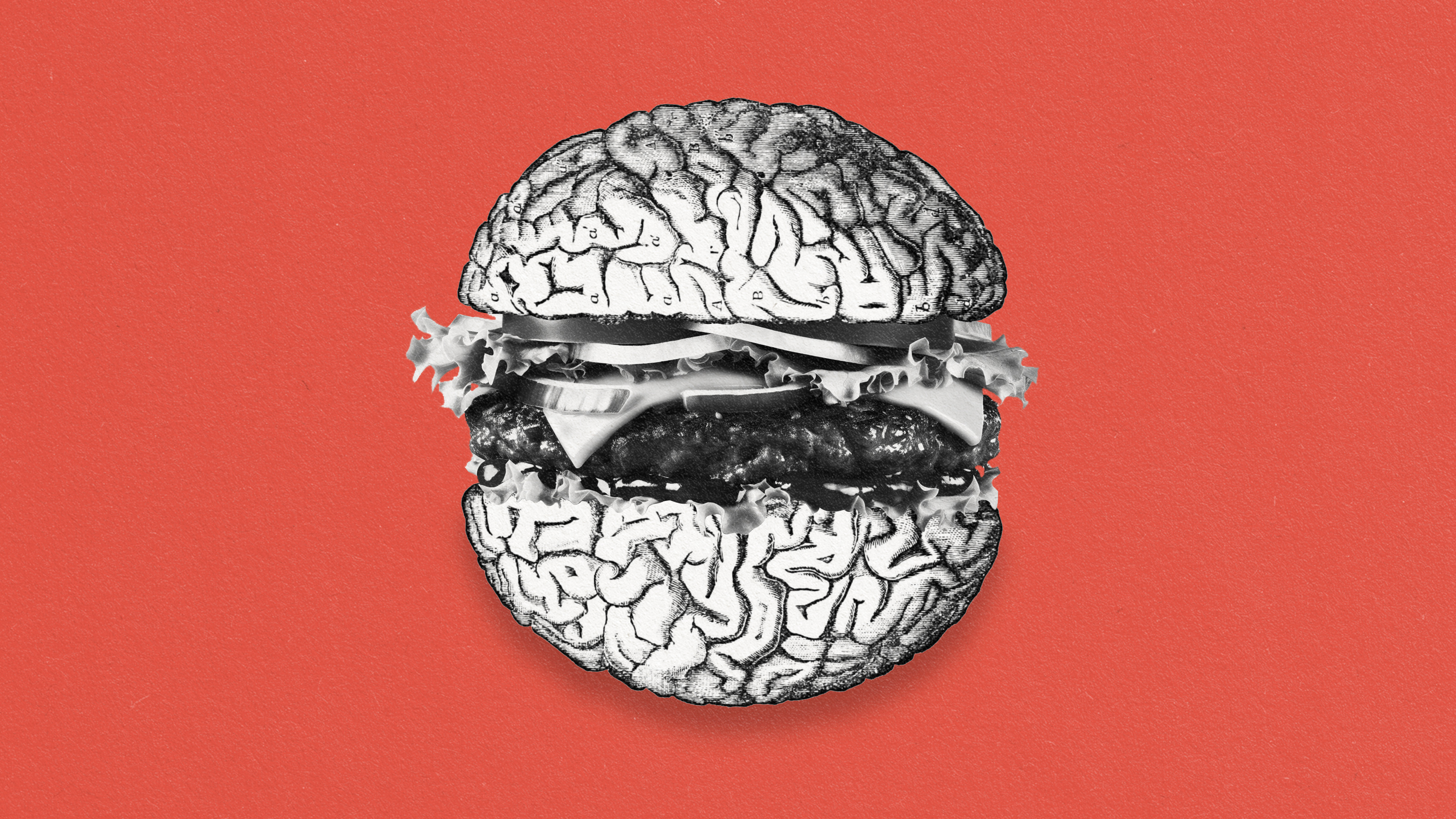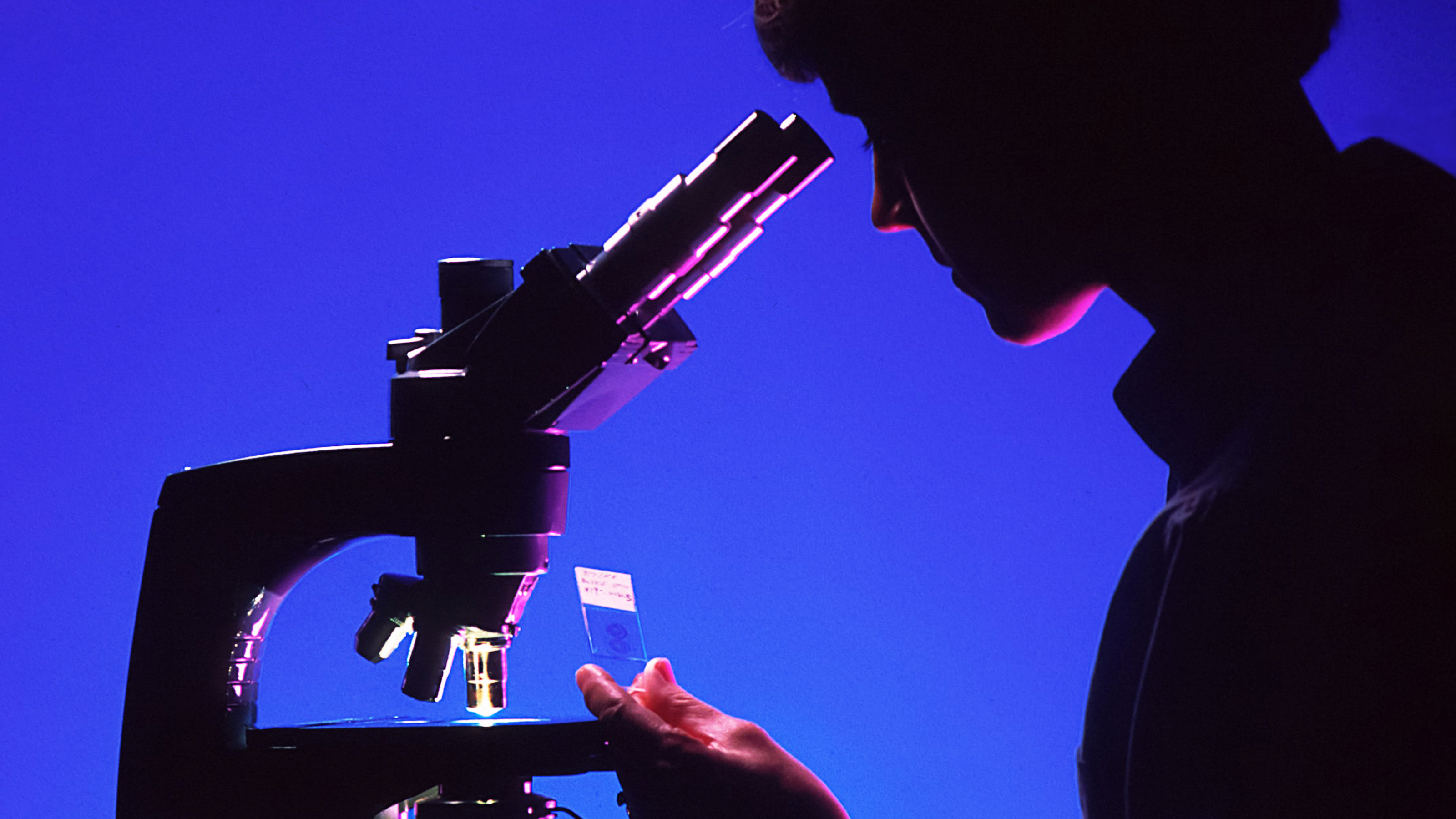Health
All Stories
The benefits of the psychedelic seem to last long after the trip wears off.
The milestone puts us one step closer to ending the organ shortage.
Since the 1980s, engineered monoclonal antibodies have been knocking out invading germs. Sperm may be next.
It temporarily puts the immune system on high alert to prevent MRSA, pneumonia, and other infections in the hospital.
Long thought a pipe dream, scientists have discovered a drug that mimics the effects of exercise.
The flavor is “simultaneously fascinating and… abusive.”
Inside the “out there” quest for a drug that would help doctors save lives before it’s too late.
Undeterred by years of failure, Katalin Karikó and Drew Weissman proved that mRNA is the future of vaccines.
If not treated, the disorder drastically increases one’s risk of death.
Just 12% of Americans account for half the country’s total beef consumption.
“I think it has a real chance to reverse motor symptoms, essentially replacing a missing part.”
Cancer cells hoard iron in unusually high quantities. Scientists have discovered how to leverage this to create safer cancer drugs.
To put things in perspective, the cost of sequencing a single genome in 2012 was around $10,000.
CRISPR, stem cells, and even cancer drugs are helping shape an AIDS-free future.
This is especially true for three key groups.
Over a third are worried that vaccines can cause “canine autism.”
Football is a risky sport, but bicycling to work is far more dangerous.
Subtle clues emerge ahead of the attack via changes in scent.
Interventions can make the most difference when Alzheimer’s is detected early.
The brain implant lets her talk four times faster than the previous record.
Today’s popular weight-loss drugs could soon be joined by brain stimulation and gene therapies.
“They decreased their drinking to the point that it was so low we didn’t record a blood-alcohol level.”
A high-fat diet might trigger inflammation of the hypothalamus.
Bad news: Sleeping in on the weekends probably won’t cut it.
Can targeted interventions save Americans?
Ethicist and doctor Simon Whitney argues that society’s overly cautious approach to medical research is blocking breakthroughs.
Don’t argue with science. Just do it.
Someday, scientists could use stem cells to guide the development of synthetic organs for patients awaiting transplants.
